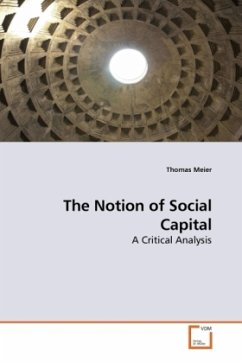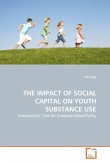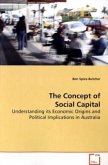In the past decade, social capital has become an influential concept in social, political and economic sciences, but also for policy design. Social capital is a notion that has been widely accepted, and has been welcomed as the missing link to development and economic efficiency. However, theoretical and empirical research papers about social capital evoke uncomfortable feelings in the critical reader, for something in the concept of social capital seems to be suspicious. What is it that provokes these uncomfortable feelings? In this paper, I intend to answer this question. To this end, I will provide a systematic framework of the different criticisms. I will demonstrate where they stem from, and I will try to make some suggestions how they can be resolved. Regarding the impact the theory of social capital has on scholars of social and political science and economics on the one hand, and on the design of policies and on policy-outcome on the other hand, I hope to generate insights into the application of the concept of social capital for theoretical and practical purposes.
Bitte wählen Sie Ihr Anliegen aus.
Rechnungen
Retourenschein anfordern
Bestellstatus
Storno








